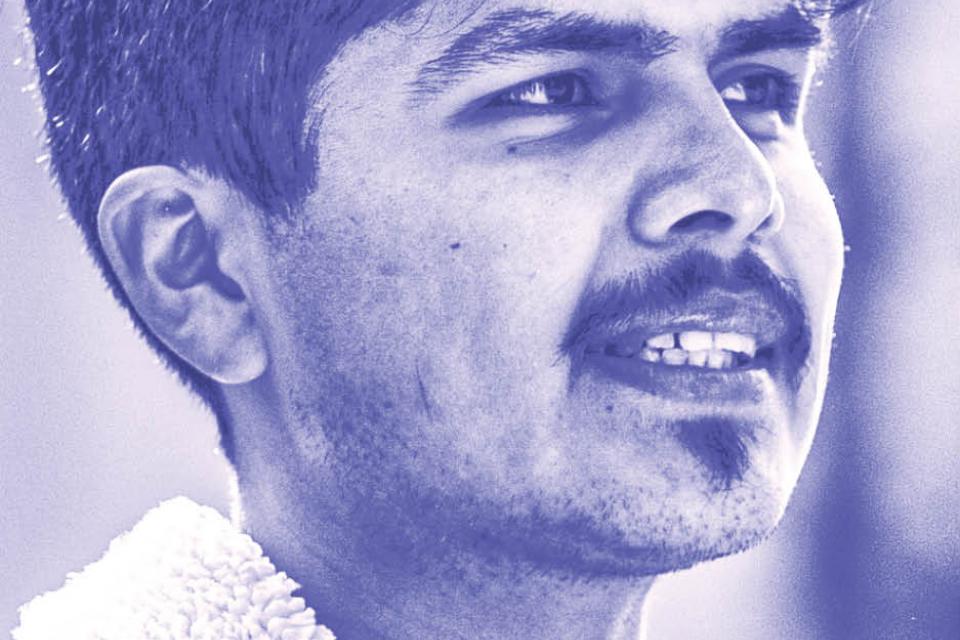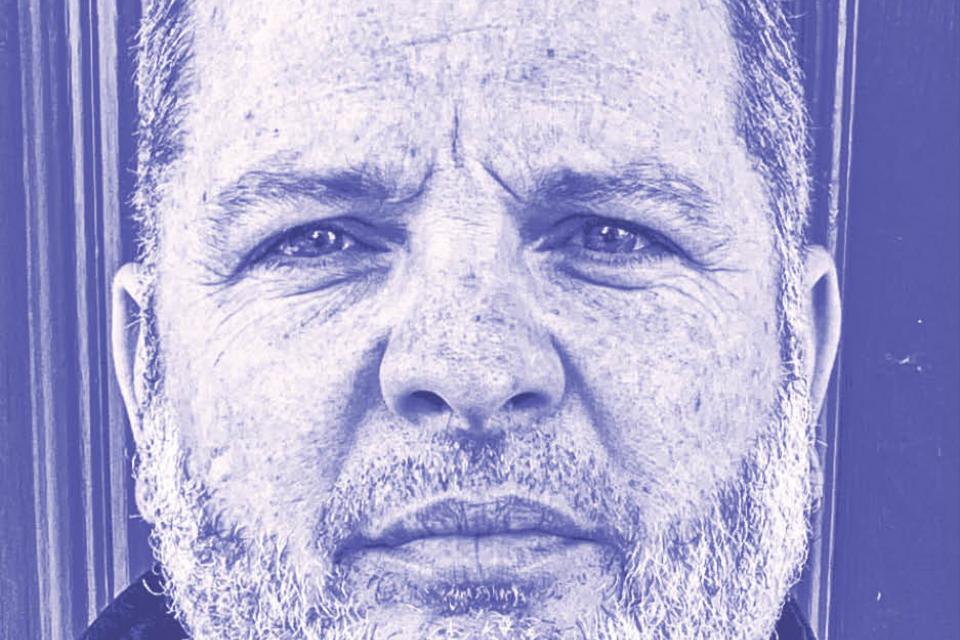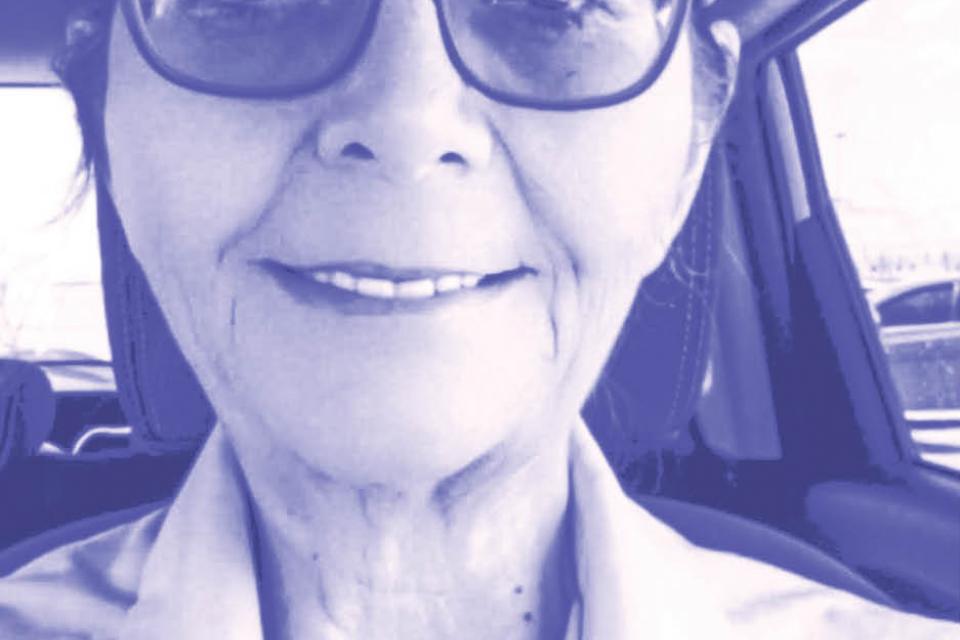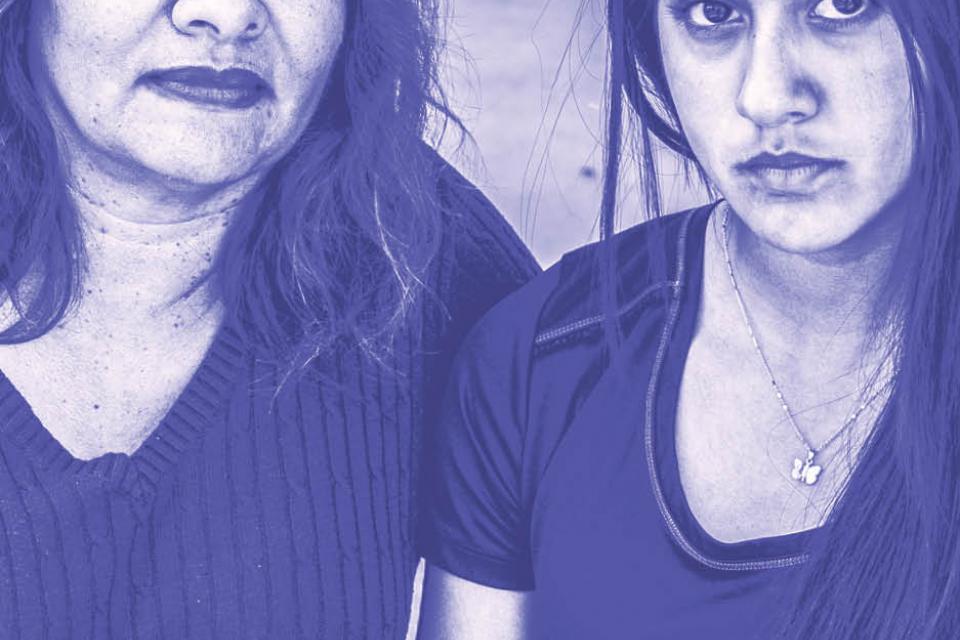faircontractnow
Local 1000 Workers Deserve a Fair Contract Now
Nearly 100,000 SEIU Local 1000 workers employed by the State of California are fighting to reach a contract agreement that reflects our shared values. But unless we do so soon, our members — who are presently losing approximately $300 per paycheck — will face this shortfall until the end of the year. We’re counting on your help to reach an agreement that helps our state workers continue to provide the essential services all Californians need.
In order for us to collectively continue combating the challenges Californians face — from climate change to ensuring accessible and affordable health care to improving our transportation infrastructure — it’s crucial to have workers who can effectively implement these vital programs and policies. But without a new contract, many of these workers’ economic futures, and our ability to retain them as employees, are in jeopardy.
After years of being paid below market rates and the increasing cost of living in California, more and more dedicated civil service workers are being driven out of the middle class. In fact, over 30,000 of our workers struggle to make ends meet, including thousands who cannot even afford to rent a one-bedroom apartment.
The small cost of living adjustments currently being offered as part of a general salary increase would roll back wages to pre-pandemic status. Should we fail to rectify this situation within the next week, there will not be sufficient time to ratify and pass a contract during this legislative session. This in turn will effectively sentence 100,000 California public servants to severe pay cuts for at least 6 months. Given the studies showing that a simple loss of $300 can plunge many of our citizens into homelessness, it is incumbent upon us to take action now.
Thanks to legislators like you, California continues to be a model for equity and working families, and investing in our state by investing in state workers will only bolster this legacy. Please join us in working to settle a fair contract to ensure all state workers — like those profiled here — receive the wage increase and affordable health care they so desperately need before the legislative session ends.
Please click here to view and download a PDF of our brochure.
MANUEL HURTADO
“I‘M PROUD TO BE HELPING CALIFORNIANS. BUT THOUSANDS OF STATE EMPLOYEES CAN’T CAR”
My parents are undocumented working-class immigrants, and I wanted to get a stable job to help support them and our community. So, I went to school at UC Berkeley and UC Santa Cruz to get a good education. However, after I got hired at the California Department of Housing and Community Development (HCD), I discovered that the pay wasn’t fair for the field. CalHR’s pay scale, which hasn’t been adjusted for inflation, means the original salary for my position, created in 1978, would be $75,000 annually, compared to $57,000 today.
TY KOVACS
“WE TRANSFORM DEAF KIDS’ LIVES, YET SEVERAL EMPLOYEES ARE LIVING IN THEIR CARS DUE TO LOW WAGES."
I attended the California School for the Deaf (CSD) in Fremont as a child and came to work here as a night counselor before getting my teaching credentials. I want to be a strong advocate for all represented units at CSD, and that’s why I want to make sure that the State knows what they are doing to us.
KATHLEEN WILSON
“I LOVE MY JOB, AND WHEN I THINK ABOUT LEAVING IT BREAKS MY HEART, BECAUSE CALIFORNIA NEEDS MORE POEPLE TO FIX THE HOUSING PROBLEM."
I work in the Transactions unit in the Loan Closing Branch at the California Department of Housing and Community Development (CDHCD) as a Home Representative II. We loan money to nonprofit developers who build affordable housing. We move the incoming applications for affordable housing funds through the pipeline to the nonprofit developer so they can start construction projects. It’s very complicated and requires knowledge of commercial real estate law.
SUSIE REDFEARN
“I TRAIN INMATES EVERY DAY FOR WORK AFTER RELEASE, BUT LOW WAGES FORCE ME TO WO”RK 60+ HOURS A WEEK TO COVER THE BASICS."
As a correctional supervising clerk at Avenal State Prison, I supervise a large inmate kitchen crew. The men on my team work hard and I do my best to be a positive force in their lives and help them develop the skills they need to get hired in food service after they return to the community.
KRYSTAL COLES
“I HELP PEOPLE GET AFFORDABLE HOUSING, BUT LOW WAGES HAVE LED TO SHORT-STAFFING. THAT MEANS P”EO
I run the Homekey Program for the California Department of Housing and Community Development (CDHCD). We fund and monitor projects for affordable housing to make sure that the housing is going to the people who need it because once people have housing everything in their life can improve, but without it it’s impossible.
TAMMY RODRIGUEZ
“I KEEP PEOPLE SAFE ON CALIFORNIA ROADS. BUT MY SALARY IS SO LOW I ” STRUGGLE TO PUT FOOD ON THE TABLE.
I work with Californians from all walks of life. Helping them is important and it’s something that gives me a lot of pride in the work I do to keep our communities safe by performing public transportation testing and certification for the Department of Motor Vehicles (DMV).
But even though my job is gratifying, my salary is so low, it’s hard for me to take care of my own family. I used to donate to the food bank and now I’m going there to get my groceries. And eating out is out of the question because even fast food is too expensive for us.







